At the age of 38, as I approach the threshold of the frightening and/or liberating milestone of 40, I frequently find myself ruminating on my past: the melancholy memories of friends I lost touch with years ago, the bittersweet reminders of life paths not taken. Like every other human, I have regrets about my first four decades—I wish I had been kinder to certain people in high school, less concerned about social status, and more open to adventure. I feel like I’ve accumulated some amount of wisdom simply by existing.
Many other people seem to share this sentiment, judging by our most popular Online forums. Without a time machine to help us rectify our mistakes, how can we let go of them? One answer, perhaps, is sharing these regrets, even anonymously, with others in the hope that they can learn from them.
- YouTube www.youtube.com
"What are your regrets?"
In the /Millennials subreddit, one user asked the question, "What are your regrets/disappointments?" They added, "Millennials seem to have a lot." Hundreds of comments flooded in, touching on issues both charmingly minor ("Those frosted tips for my high school graduation photos did not age well," someone joked) to full-on life-changing (chasing safe but predictable comfort over self-discovery).
Some of these responses are dark and heavy, but analyzing our regrets can help the next generation think ahead—and, plus, it’s never too late to make changes in our own lives, no matter how difficult it may seem. Let’s look at five of the most powerful, thought-provoking entries.
5. Not seeking treatment sooner
One user wrote that they regret not seeking assistance for their "mental issues" sooner. "It could have made my [20s] far less miserable than they were," they wrote. "Instead, I deluded myself into thinking I could fix it myself, which I really couldn’t. Better late than never, though, and things are better now. For the first time in over a decade, I feel at home in my own company. I can sort-of envision a brighter future for myself." Lots of people in the thread concurred, including one user who wrote that being diagnosed with ADHD at age 35 "changed [their] life." Attention Deficit Disorder Association noted in 2023 that "over 366 million adults worldwide" are affected by ADHD symptoms. Still, they also cited research suggesting that "less than 20% of adults with ADHD are diagnosed and treated."
- YouTube www.youtube.com
4. Staying home
Another Redditor said they regret "not trying to study abroad in college," assuming they would be "too poor" to do so. "But there would have been ways to make it happen...scholarships, something," they continued. "Someone I later met got their entire study abroad experience paid, flights and all. I don't know if it would have been possible for me, but I never even tried." There’s a bright side, though: "[A]lmost a decade later, and I have finally saved up enough money for a trip to Europe this summer. :)" If you’re a prospective student interested in studying abroad, it’s worth looking around online for more info.
3. Seeking parental approval
Someone admitted they tried too hard to "make [their] parents proud." "They’re very into traditionalism, conservatism, conformity; just doing things 'right' and being 'normal,'" they wrote. "I was academically 'gifted' (lol) as a kid, so their expectations were high for me to do something impressive. I felt like if I looked at a risk to do something creative that I actually enjoyed and failed, they'd be extremely disapproving and ashamed. Possibly refusing to help me financially if I would ever need it (turns out I never did). So I went down a 'normal' career path that I find mostly boring. I've done well enough, but they're still unimpressed. I wish I had just done what I wanted from the start and not worried about their opinions."
This is a complicated situation that probably doesn’t have one clear correct answer. But if you find yourself in the position of defending your dreams to your parents, maybe consult some words of wisdom—like those in this Harvard Business Review article, which outlines several steps you can take in that pursuit.
- YouTube www.youtube.com
2. Going to college right away
One user wrote that they regret "going to college right out of high school" rather than taking some time to think about "what [they] really wanted to do." Their family, they added, was pushing them to enter college right away, and they followed suit, even though they didn’t have a firm grasp on their future. "I switched majors constantly, wasting time and money," they wrote. "Finally, I settled on medical assisting because I just needed something. That was a huge mistake. I barely make enough to get by, and I hate my job. I have tried to go back to school a few times, but I don’t want to be in student loan debt anymore, especially at my age (40)." Given the high costs of college, it’s understandable why someone would consider other paths—including the alternatives laid out here by U.S. News & World Report.
1. Chasing the wrong dream
A lot of us can probably relate to the next Redditor, who says they "regret chasing the American dream." While the 37-year-old clarified that everything has turned out well, their life isn’t what they imagined it would be. "I think when we're young, we want that stability that comes with having a job, a home, a family of our own," they wrote. "But once you have those things, you're locked in. Not knowing which direction your life will take you can indeed be unsettling. And that is how 18-30-year-old me felt. Now that I'm in that place where the more major things have taken shape, I realize the exhilaration and freedom in that. And to a large extent, I regret not realizing that when I was young and letting uncertainty dictate my path to where I am today."
"The American Dream" is an interesting and amorphous concept—its meaning really depends on who you ask. In an August 2025 Gallup poll, Americans were split almost evenly on whether it was more about stability (49%) or opportunity (51%).
- YouTube www.youtube.com





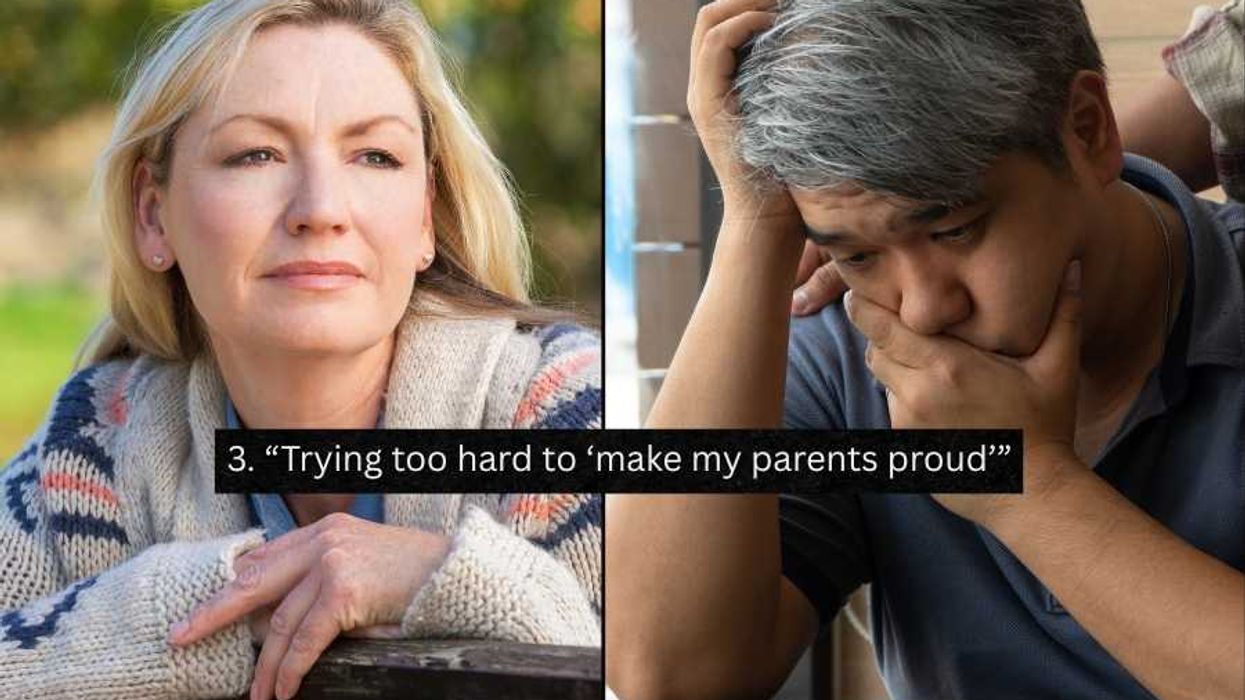












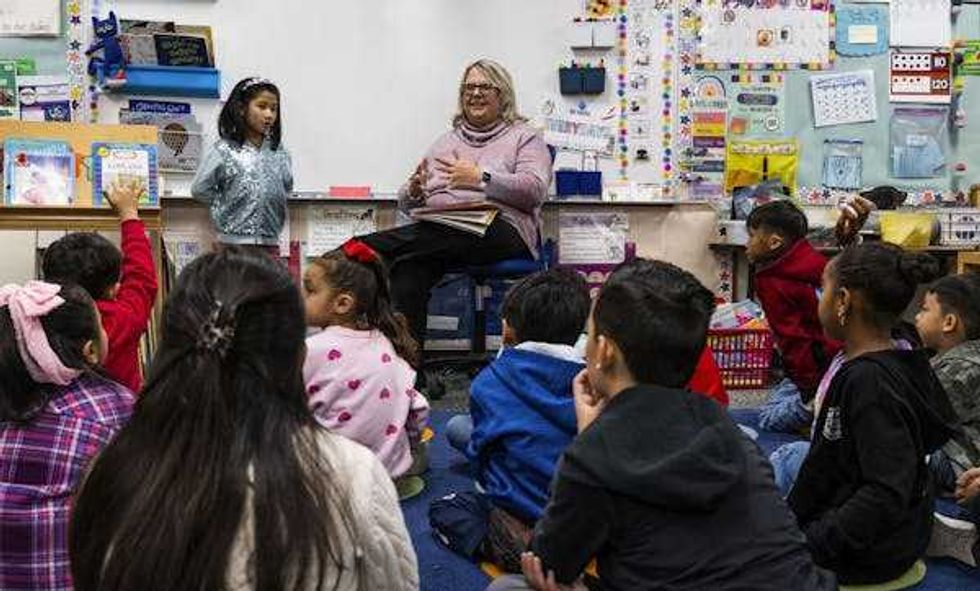 A teacher works with first grade students at Rosita Elementary School in Santa Ana, Calif., on Feb. 12, 2026.
A teacher works with first grade students at Rosita Elementary School in Santa Ana, Calif., on Feb. 12, 2026. 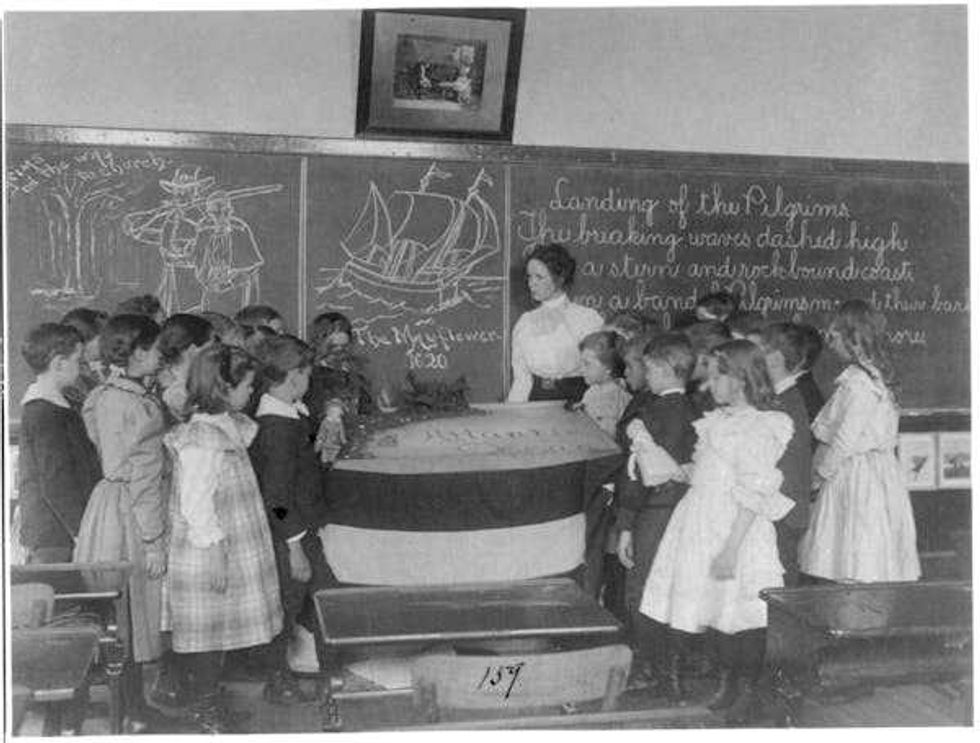 Students and their teacher are seen in 1899 in a Washington, D.C., public school classroom.
Students and their teacher are seen in 1899 in a Washington, D.C., public school classroom. 
 A coupe on a romantic dateCanva
A coupe on a romantic dateCanva
 A woman swims in the oceanCanva
A woman swims in the oceanCanva A happy-looking dolphin popping out of the waterCanva
A happy-looking dolphin popping out of the waterCanva
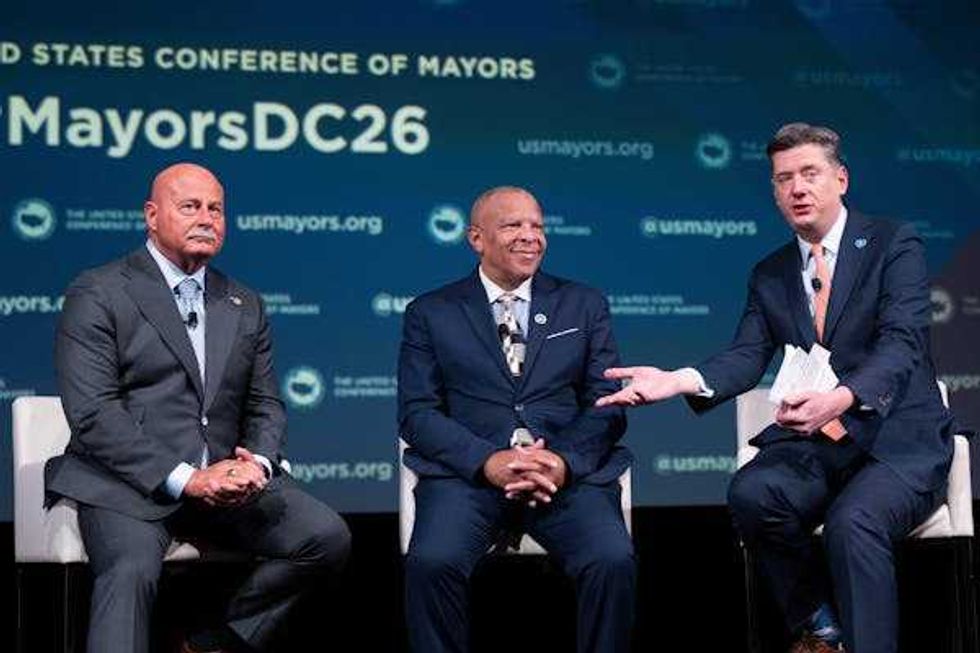 When mayors come together, they often find they face common problems in their cities. Gathered here, from left, are Jerry Dyer of Fresno, Calif., John Ewing Jr. of Omaha, Neb., and David Holt of Oklahoma City.
When mayors come together, they often find they face common problems in their cities. Gathered here, from left, are Jerry Dyer of Fresno, Calif., John Ewing Jr. of Omaha, Neb., and David Holt of Oklahoma City. Mayors can find themselves caught up in national debates, as did Minneapolis Mayor Jacob Frey over the Trump administration’s immigration enforcement policies in his city.
Mayors can find themselves caught up in national debates, as did Minneapolis Mayor Jacob Frey over the Trump administration’s immigration enforcement policies in his city.

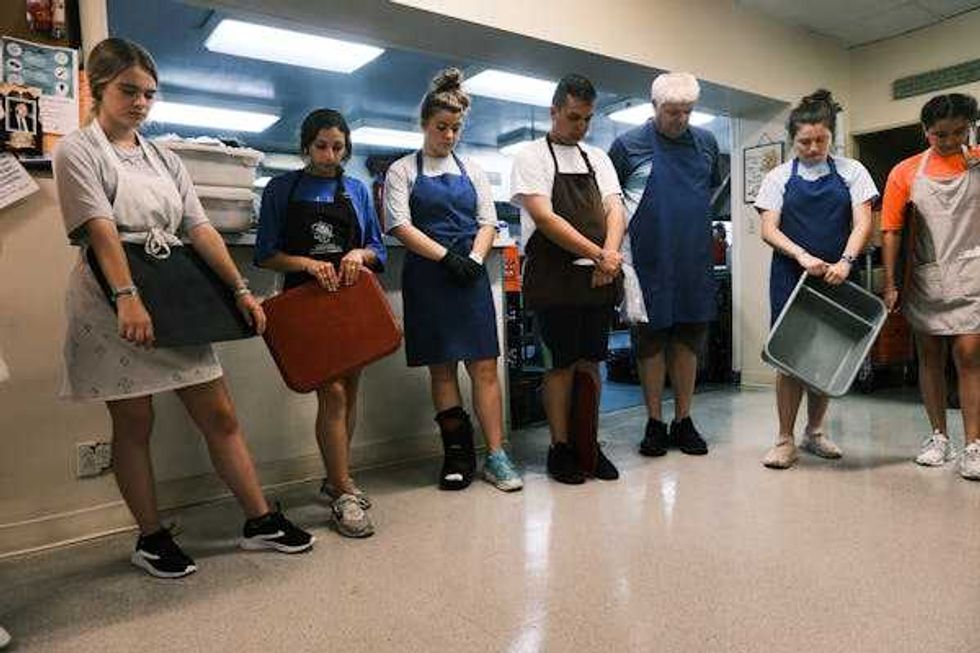 Volunteers at the St. Francis Inn pray together before serving a meal on July 19, 2021.
Volunteers at the St. Francis Inn pray together before serving a meal on July 19, 2021.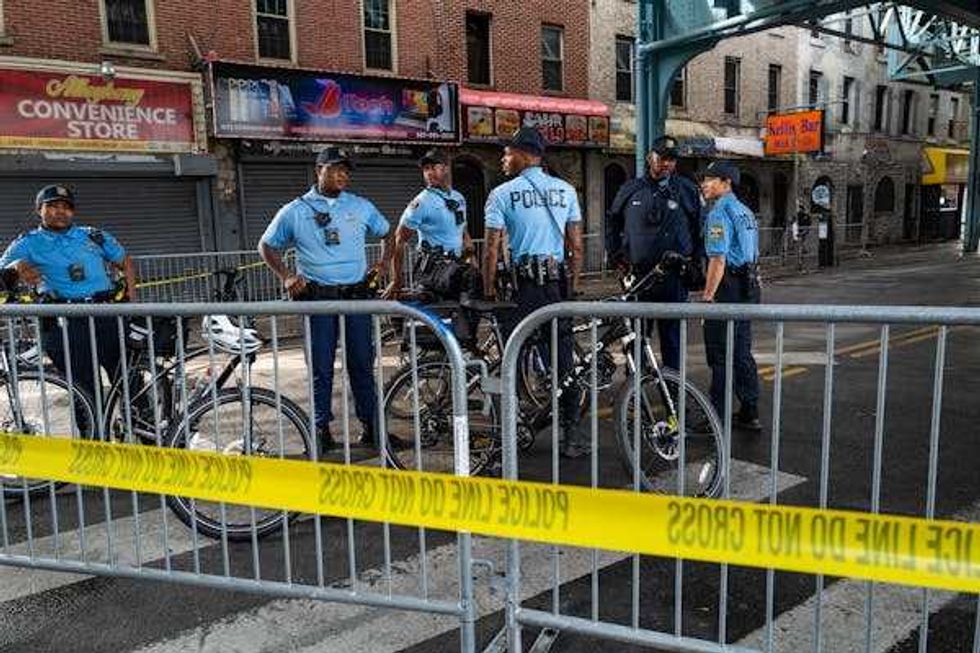 Police close down a section of Kensington Avenue to clear a homeless encampment on May 8, 2024.
Police close down a section of Kensington Avenue to clear a homeless encampment on May 8, 2024.

 A woman scrolls through a dating appCanva
A woman scrolls through a dating appCanva